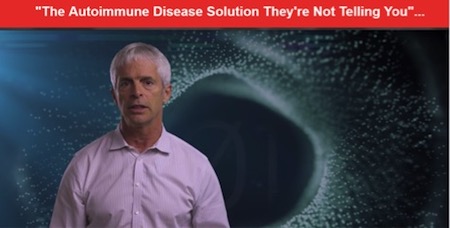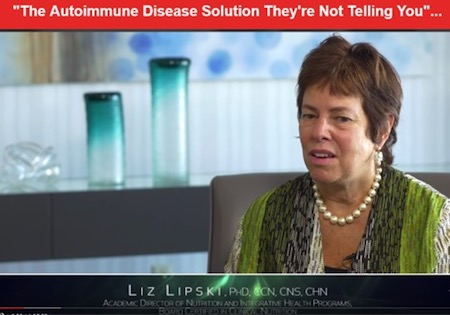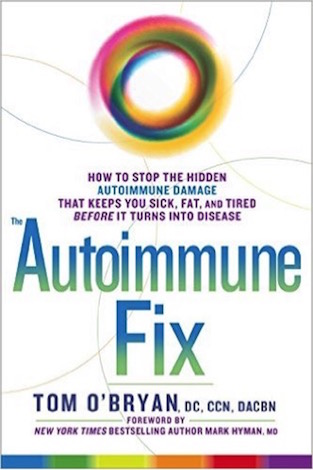Today I’m sharing a few highlights from The Anxiety Summit 5: Gut-Brain Axis which airs Nov 8 – Nov 14, 2021. We cover all new material, it’s research-based and we talk about practical solutions.
The highlights cover sage and other herbs that can impact GABA and anxiety; new testing for gluten issues; CBD and the role in gut health, anxiety and PTSD; and the microbiome and gut-brain axis and neurotransmitters.
#1 Herbs to Improve Digestion and Support GABA ~ Magdalena Wszelaki, author of Cooking for Hormone Balance, shares this in our interview
Astringents like sage, rose and red raspberry tighten loose junctions in IBS, support female hormonal health and ease anxiety.
We discuss sage and make reference to this study called Flavonoids: some of the wisdom of sage? which concludes that the “actions of molecules such as hispidulin [a flavonoid found in sage] might be able to target GABAA receptors for the management of anxiety and epilepsy.”
What I really love about this interview is that Magdalena brings it all back to practical steps and shares how to make a healing medicinal tea.
#2 Latest Gluten Research and Testing (Part 2) ~ Dr. Tom O’Bryan, DC, CCN. We discuss the Neural and Wheat Zoomer tests and Dr. Tom shares this:
Let’s do a different test that’s more accurate and more sensitive. That’s why the Wheat Zoomer looks at 26 different peptides of poorly digested wheat. And it’s the most comprehensive test on the market today …. on the Anxiety Summit, the ones that you’d be most concerned about is the gluteomorphins and the prodynorphins because those antibodies attack the opiate receptors, and that is critically important with brain dysfunction.
#3 Gut-Brain Axis and Mental Health ~ Peter Bongiornio, ND, LAc, author of Put Anxiety Behind You, talks about the microbiome and bidirectional aspects:
so we have this microbiota, all these germs and bacteria that are in our digestive tract as an example. What we’re seeing now is that the health and the diversity of those create either a healthy brain or an unhealthy brain; that the microbiota that are in our gut actually play a very, very strong role and how neurotransmitters are made both in the gut and in the brain. As well as they also create inflammatory molecules and peptides and things that also travel to the brain and will affect brain inflammation, and affect brain neurotransmitters and affect the receptors of these neurotransmitters as well.
#4 Endocannabinoid System and Your Gut ~ Hyla Cass, MD, talks about CBD and anandamide in the endocannabinoid system:
CBD influences the breakdown of anandamide , extending it’s use. Anandamide is found in both the brain and the gut and the name comes from the Sanskrit word ananda, which means bliss.
So what CBD is doing is extending the life of the anandamides, so they can act longer. Dr. Cass also shares the connection between the endocannabinoid system, stress, the HPA axis, the gut and PTSD:
we react to stress and trauma through the hypothalamic pituitary-adrenal axis/ the HPA Axis. And the endocannabinoid system tends to tone down or modulate the HPA axis to protect us from stress. And when it’s protecting us from stress in that way, it’s also signaling to the GI system to calm down. People that don’t have enough endocannabinoid activity are more likely to have posttraumatic stress disorder.
The Anxiety Summit 5: Gut-Brain Axis airs online Monday Nov 8 to Sunday Nov 14, with replays the following weekend. I do hope you’ll be joining us.
If you’re having any doubts, read this delightful message I received when the Anxiety Summit 5 originally aired and be inspired and motivated to tune in and learn:
Trudy … thanks so very much for the 3 transcripts featuring Ann Louise Gittleman, Carolyn Ledowsky and Dr. Datis Kharrazian … they were ALL fantastic and unlike many of the health related docu-series, I felt that I obtained some great insights and key take-aways that will help me on my road to good health journey! You asked some GREAT questions and I appreciate you digging further for names of supplements and more specificity to ensure clarity. You are a PRO and I am so glad I found you ❤️
Please join us and listen to this interview and all the others on The Anxiety Summit 5: Gut-Brain Axis.
When you register now you’ll get access to there 3 interviews right away:
- Fix the Brain to Fix the Gut – Datis Kharrazian, DHSc, DC, MS, FACN, CNS
- MTHFR, B12 Genes and Anxiety – Carolyn Ledowsky, ND
- Why Bile is the Key to Anxiety & Hormone Havoc – Ann Louise Gittleman, PhD, CNS
If you have already signed up for the summit, I hope you enjoy these interview highlights.
If you have yet to sign up, please do come and join us and learn.
If you’re considering purchasing the summit to keep for your learning library, you have a number of options that include:
- Online only or flash drive or both
- A PDF or printed transcripts of all the interviews
- The Best of Anxiety-Gut interviews from previous Anxiety Summits
- Easing Anxiety Program (GABA Quickstart) (a group program with me on how to actually use GABA for your physical anxiety, with a private Facebook group and live Q & A call)
If you have already purchased, I know you’re going to find immense value from this material to be able to refer back to again and again.
What gems stand out for you today and do you have questions?
If you’d like to ask a question, please post in the comments below.
I’d also love to hear from you once you’ve listened in to these interviews and the others.
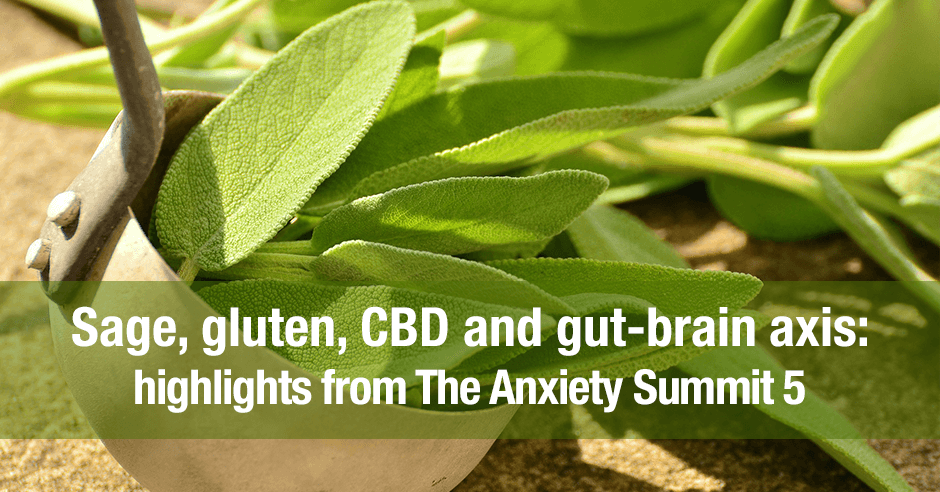


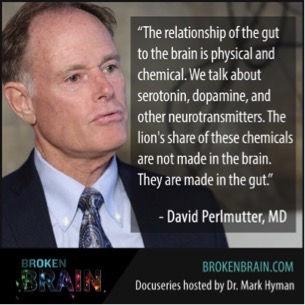
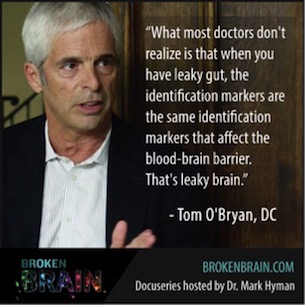

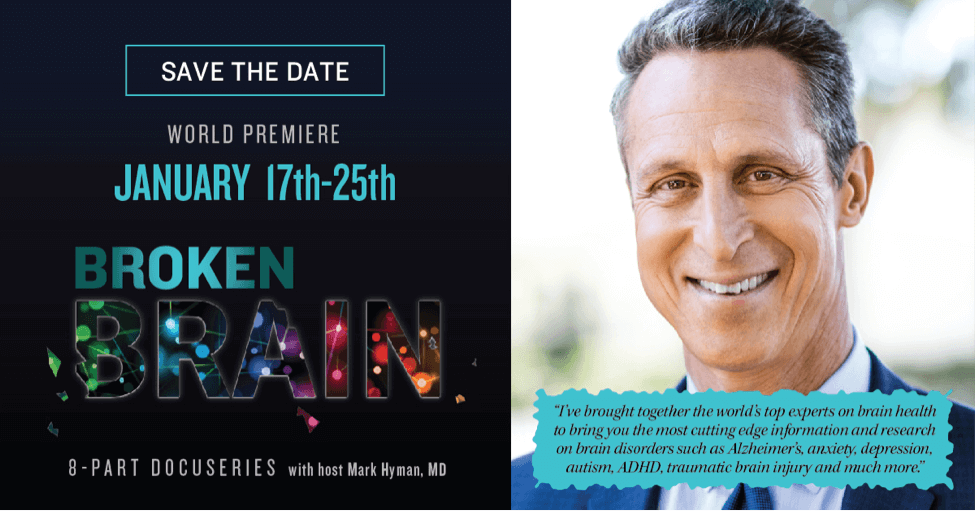
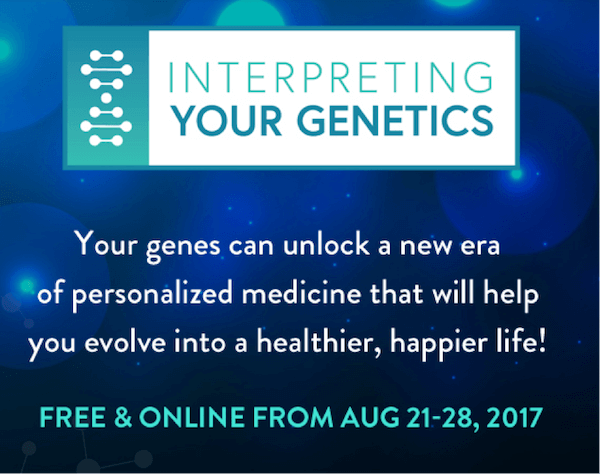

 TRUDY SCOTT, CN: Understanding Anxiety: The Connection to Diabetes
TRUDY SCOTT, CN: Understanding Anxiety: The Connection to Diabetes RAZI BERRY: Using Naturopathic Principles to Prevent Diabetes
RAZI BERRY: Using Naturopathic Principles to Prevent Diabetes ANNA CABECA, DO: Creating Hormone Balance to Optimize Metabolic Health
ANNA CABECA, DO: Creating Hormone Balance to Optimize Metabolic Health TOM O’BRYAN: Autoimmune Disease and the Connection To Diabetes
TOM O’BRYAN: Autoimmune Disease and the Connection To Diabetes SAYER JI: What the Evidence Reveals About Reversing Diabetes
SAYER JI: What the Evidence Reveals About Reversing Diabetes BJ HARDICK: Sugar, Detox, and The Brain: Natural Strategies For Healing
BJ HARDICK: Sugar, Detox, and The Brain: Natural Strategies For Healing SACHIN PATEL: A New Model for Medicine, Diabetes, and Blood Sugar Health
SACHIN PATEL: A New Model for Medicine, Diabetes, and Blood Sugar Health NIKI GRATRIX: The Mind-Body Connection to Metabolic Health
NIKI GRATRIX: The Mind-Body Connection to Metabolic Health PETER OSBORNE: The Autoimmune Connection to Blood Sugar and Diabetes
PETER OSBORNE: The Autoimmune Connection to Blood Sugar and Diabetes MICHAEL MURRAY, ND: The Four Types of Blood Sugar Problems in Diabetes
MICHAEL MURRAY, ND: The Four Types of Blood Sugar Problems in Diabetes JOEL KAHN, MD: A Plant-Based Approach to Heart Health and Blood Sugar Health
JOEL KAHN, MD: A Plant-Based Approach to Heart Health and Blood Sugar Health 